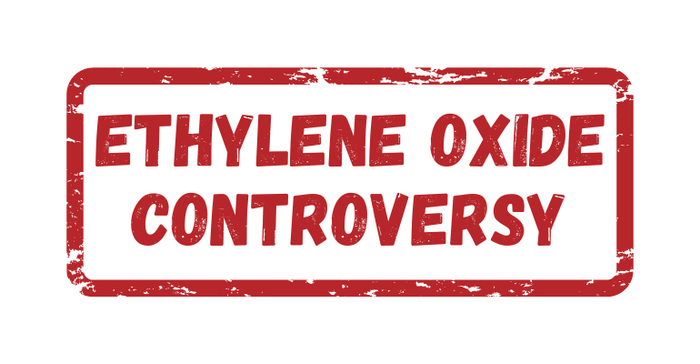The controversy into EtO sterilization is complicated and nuanced. MD+DI breaks down both sides of coin and what it could mean for sterilization in the future.

Why is there controversy?
Ethylene oxide (EtO) sterilization for medical devices has been controversial for years. Reports of so-called “cancer alleys” highlighted the effects of the chemical when stories of different types of cancer in communities surrounding EtO sterilization facilities hit headlines and showcased the true cost of not regulating EtO effectively. Additionally, emissions tend to spike when plants start up, shut down, and malfunction.
From those ecological effects like pollution to potential cancer in humans, the chemical, on its surface, seems like one the industry should let slip into archaism.
But if it were only that easy.
See, EtO is integral to the sterilization of more than half of all medical devices — roughly 50 million devices a day in the United States — because its properties make it especially good at killing viruses, bacteria, and human cells by reacting with proteins, DNA, and other essential cellular components. And the EPA and FDA report it as necessary to protect public health as the chemical is the only sterilization method available for many medical devices because other options can cause damage to product components.
So, the problem remains: What is the industry to do about EtO when it’s need in sterilization is overarching but has the potential to cause significant human harm?
About the Author(s)
You May Also Like




